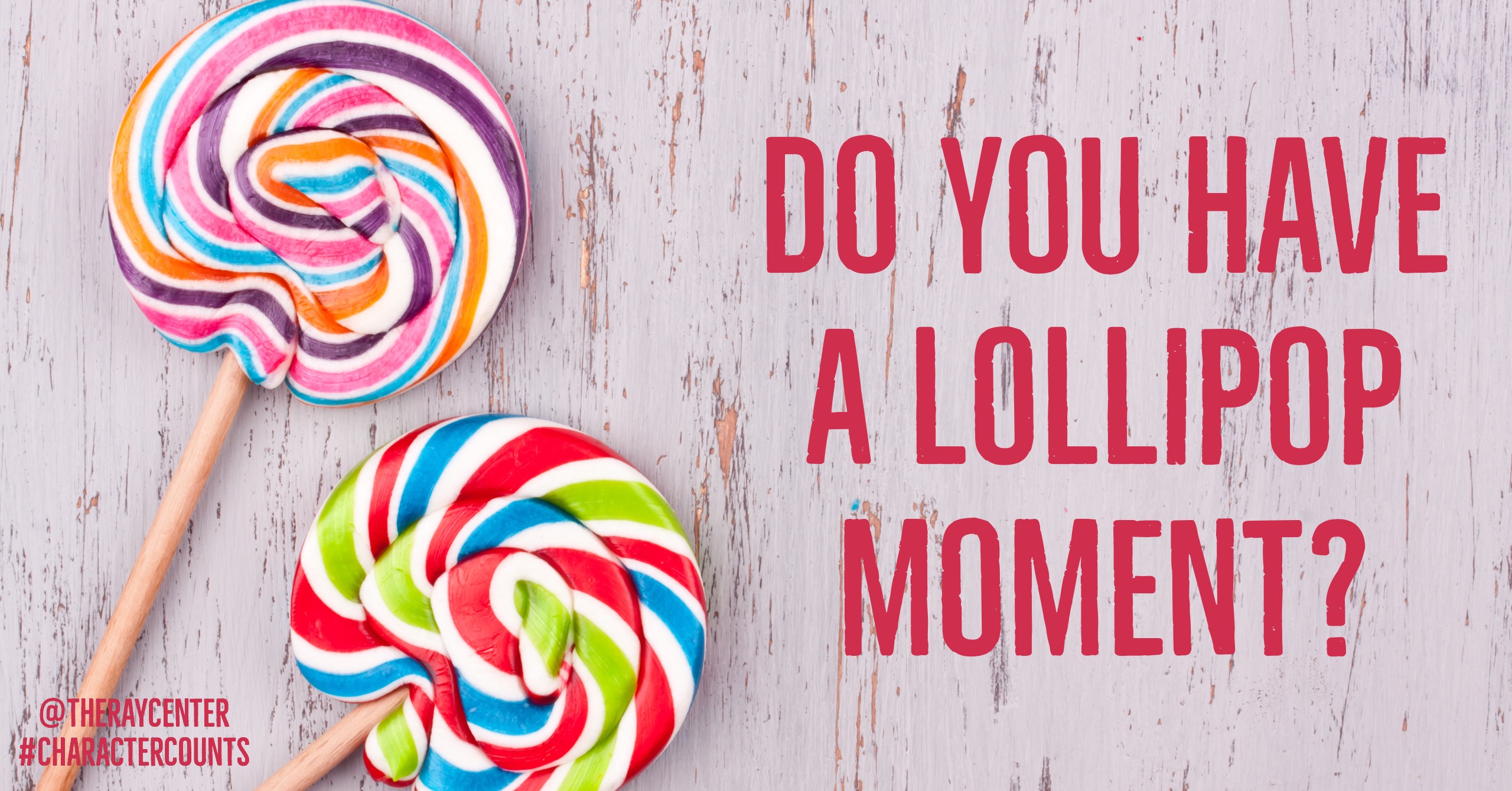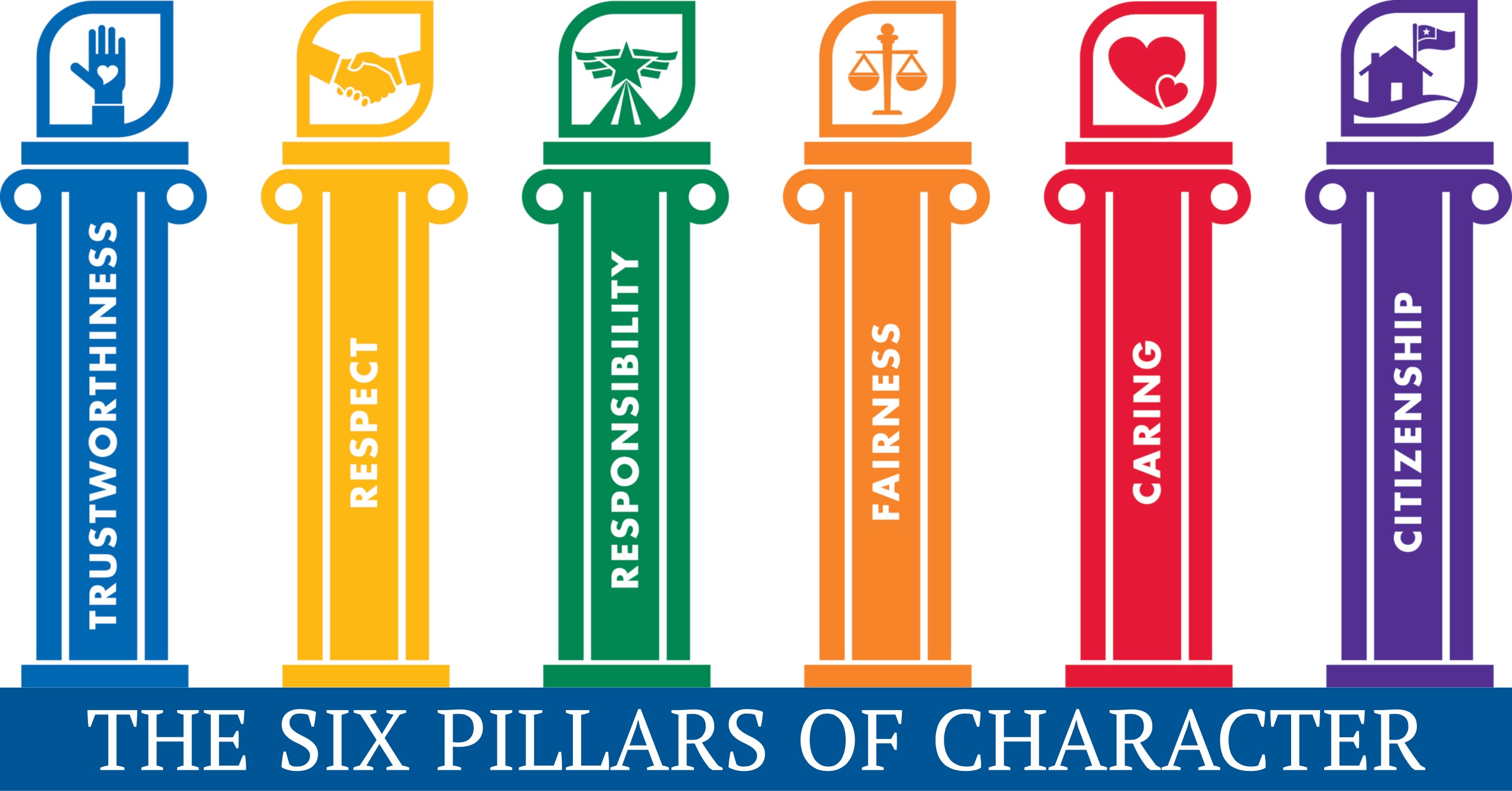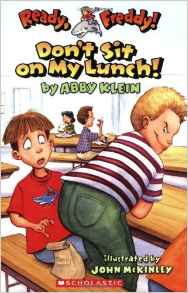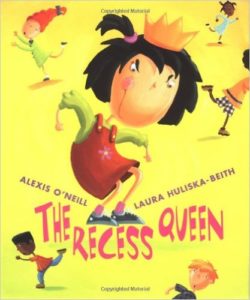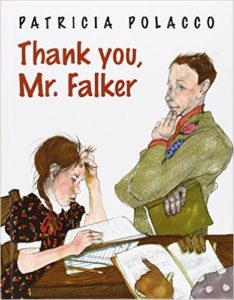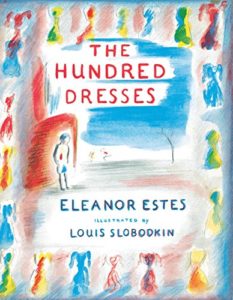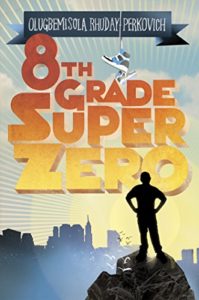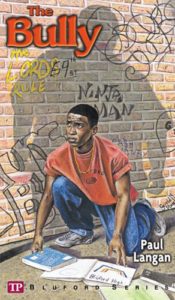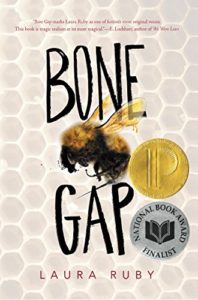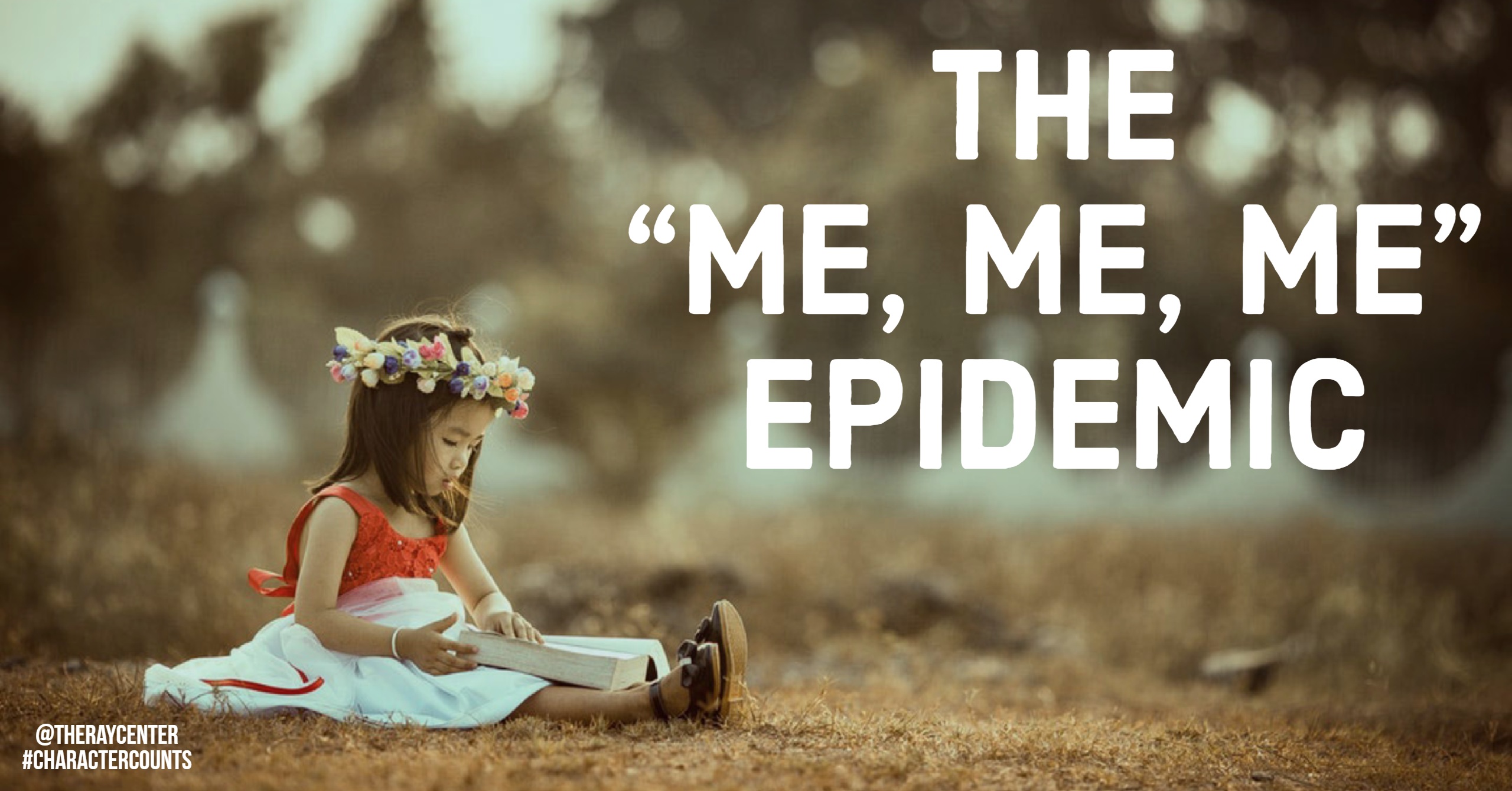Learning through life
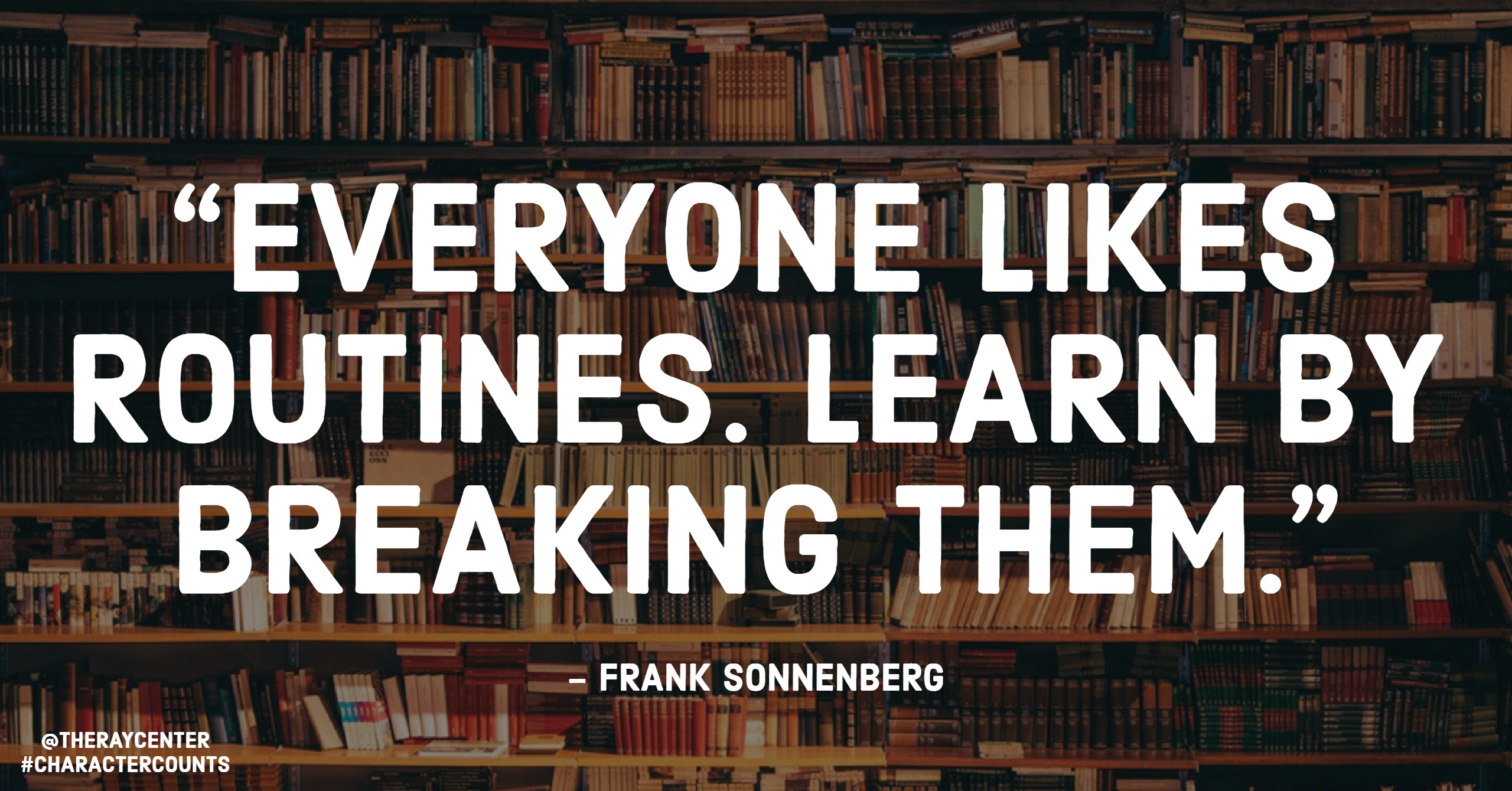
From our guest contributor, Frank Sonnenberg.
Learning requires more than attending lectures and regurgitating what you’ve heard. It requires you to be both teacher and student, to learn from books and personal experiences, and to be able to apply lessons learned to real-world situations. Here are a few ways to learn:
Act like a kid. When we’re young, we continually ask “why?” When we get older, however, we get defensive and feel inadequate if we don’t have all the answers. It’s time to learn like a kid again.
Broaden your world. Surrounding yourself with “yes” people is like talking to yourself. Listen to people with viewpoints other than your own. Try to see their side of the issue instead of living your life with blinders on.
Break out of the rut. Everyone likes routines. Learn by breaking them. Cover the same ground from different angles. Take a new route. Speak to new people. Get information from different sources.
Request feedback. Are you getting ready for a presentation or an interview? Don’t be shy . . . request feedback from a colleague. Most people would be honored to help you. Remember, it’s a lot better to learn in a non-threatening environment than when it’s “game time.”
Learn from mistakes. Do you have twenty years of experience or one year of experience repeated twenty times? If you’re blind to your weaknesses, you may be repeating mistakes rather than correcting them. Remember, practice makes perfect — unless you’re making the same mistakes over and over again.
Critique your actions. Football teams spend countless hours watching game footage to determine how to improve individual performance and build a winning team. Take the time to reflect on your experiences and learn from them. For example, ask yourself, if you had the opportunity to perform an activity again, how would you do it differently?
Increase your expectations. If you want to become a better tennis player, play with someone better than yourself. The same is true in other areas of your life. You’re not going to improve if you don’t accept challenges and learn from them. Step out of your comfort zone to “up” your game.
Success is a journey, not a destination. Winning is not a black-and-white experience in which losers explore ways to improve and winners receive a bye. Even winners should identify ways to improve on their performance.
Frank is an award-winning author. He has written five books and over 300 articles. Frank was recently named one of “America’s Top 100 Thought Leaders” and nominated as one of “America’s Most Influential Small Business Experts.” Frank has served on several boards and has consulted to some of the largest and most respected companies in the world. Additionally, FrankSonnenbergOnline was named among the “Best 21st Century Leadership Blogs” and among the “Top 100 Socially-Shared Leadership Blogs.” Frank’s new book, Follow Your Conscience, was released November 2014. © 2016 Frank Sonnenberg. All rights reserved.

